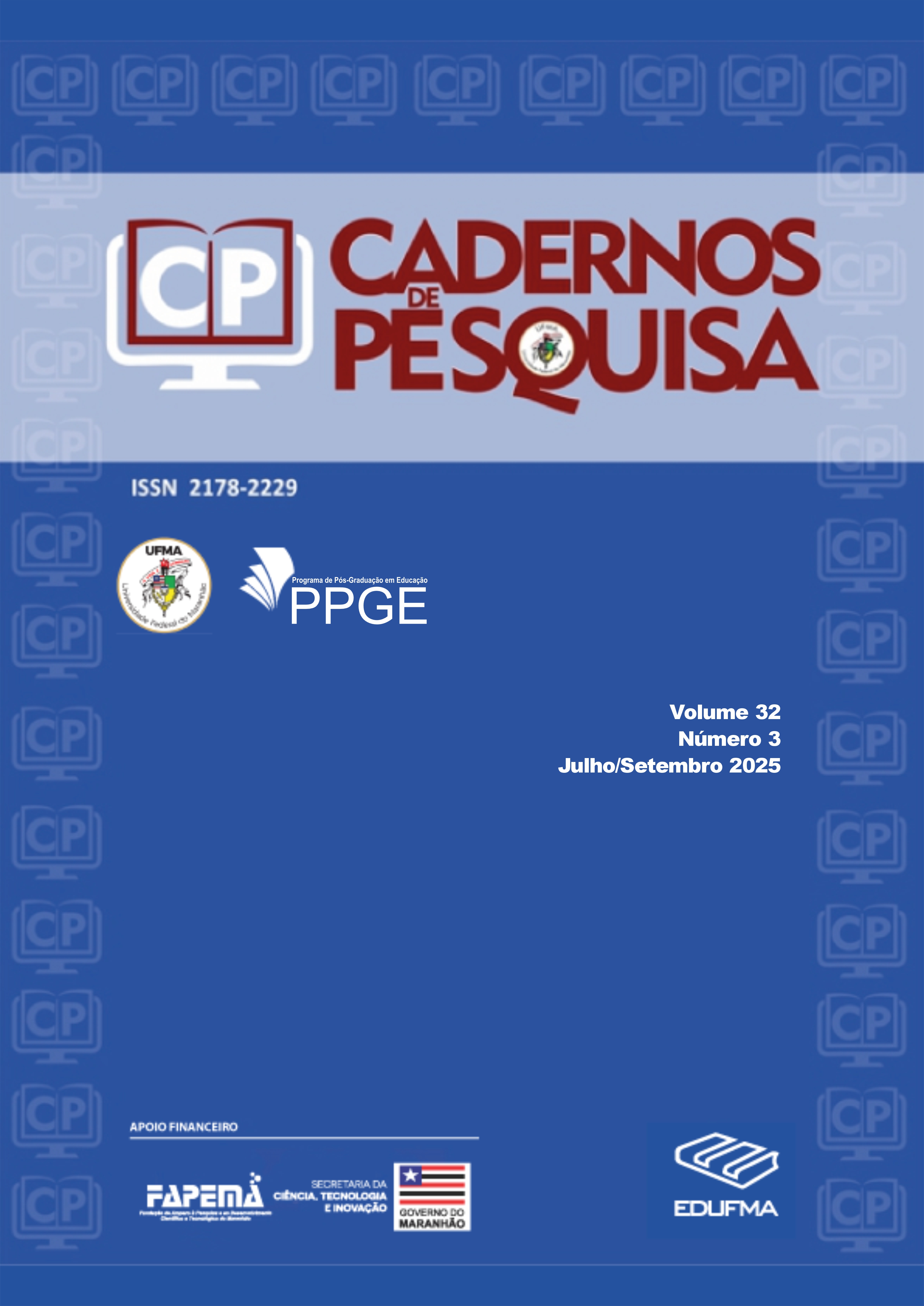Das narrativas oficiais sobre o PISA às concepções de docentes da educação básica do Norte do RS
DOI:
https://doi.org/10.18764/2178-2229v32n3e26051Parole chiave:
políticas de avaliação, avaliação em larga escala, Programa Internacional de Avaliação de Estudantes, regulação, educação básica, docentesAbstract
O artigo apresenta e discute os resultados de uma pesquisa cujo problema de investigação foi assim elaborado: quais as concepções dos docentes que atuam com estudantes de 15 anos de um município da região Norte do Rio Grande do Sul (RS) acerca do Programa Internacional de Avaliação de Estudantes (PISA)? O PISA, coordenado pela Organização para a Cooperação e o Desenvolvimento Econômico (OCDE), é um programa internacional de avaliação em larga escala que se tornou um instrumento poderoso de regulação transnacional. Seu impacto em políticas educacionais brasileiras reverbera, também, na atuação docente. Assim, este texto tem como objetivo analisar as concepções dos docentes que atuam com estudantes de 15 anos de um município da região Norte do RS acerca do PISA. Trata-se de uma pesquisa qualitativa, exploratória e descritiva. As estratégias metodológicas mobilizadas foram as pesquisas bibliográfica, documental e de campo. A produção de dados em campo ocorreu por meio da aplicação de um questionário ao corpo docente (12 professores) que atua nos nonos anos do Ensino Fundamental e nos primeiros e segundos anos do Ensino Médio do referido município. A estratégia utilizada para a análise dos dados foi a Análise de Conteúdo. Os resultados evidenciaram ausência de conhecimento, por parte dos participantes, acerca do PISA e das influências que exerce, bem como certa autorresponsabilização pelo desempenho dos estudantes. Tais resultados apontam para a ênfase posta no aspecto tecnicista da formação, a qual reverbera na diminuição da criticidade e na perda da dimensão política da atuação docente.
Downloads
##submission.downloads##
Pubblicato
Come citare
Fascicolo
Sezione
Licenza

TQuesto lavoro è fornito con la licenza Creative Commons Attribuzione 4.0 Internazionale.
A Cadernos de Pesquisa está licenciada com a Licença Creative Commons Atribuição 4.0 Internacional.



















